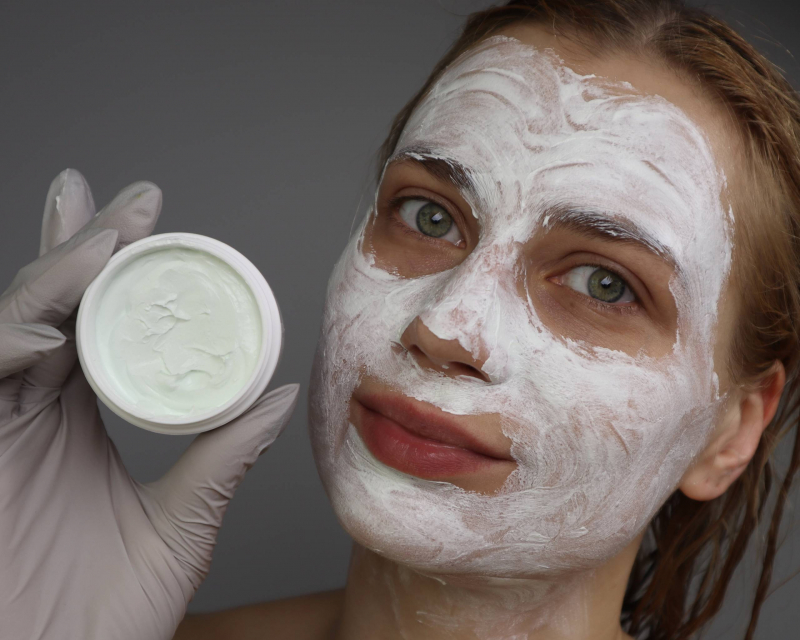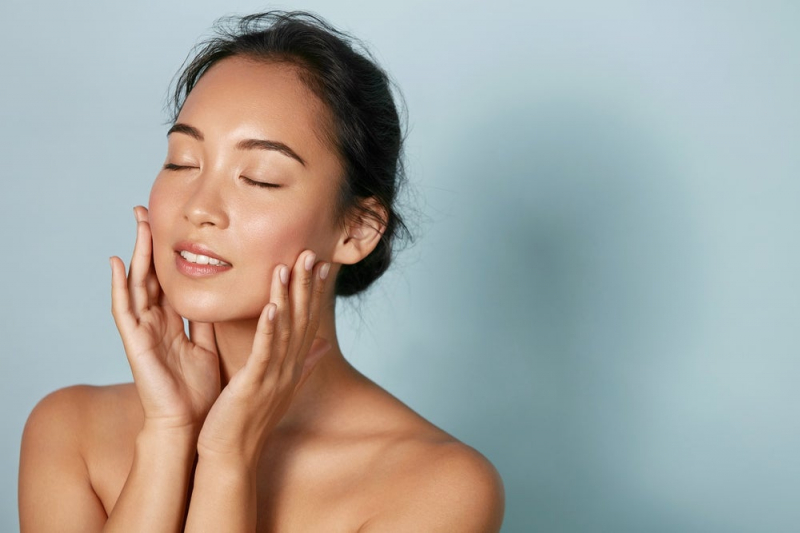Zinc
Zinc is helpful for treating acne flare-ups, healing skin damage, safeguarding skin tissue, balancing oil production, and naturally reducing skin irritation. A lack of zinc in the diet can raise the likelihood of having an acne problem, according to several studies and research. As a result, boosting zinc intake through food is advised. Beef, shellfish, beans, and spinach are foods that are excellent sources of zinc. The body's processes and your health depend on vitamins. The skin also needs nutrient delivery. Your skin may experience certain negative consequences as a result of vitamin deficiency. For instance, vitamin E and vitamin C are beneficial in repairing skin damage such as dark spots, sunburn, and pigmentation as well as protecting the skin from sunlight and UV radiation.
Vitamin E or C deficiency doubles the risk of skin damage, including skin cancer, which is a frequent form of cancer in the US. It's okay to use vitamin supplements if you don't get enough vitamins from your diet. To make sure you don't consume too much, it's crucial for you to speak with a dermatologist or doctor. Dietary vitamin intake is the finest strategy to enhance your health and replenish your skin. You may find out if you have any vitamin deficiencies or not by having a blood test done. To prevent overdosing, you should take vitamins as directed by a qualified medical expert.









